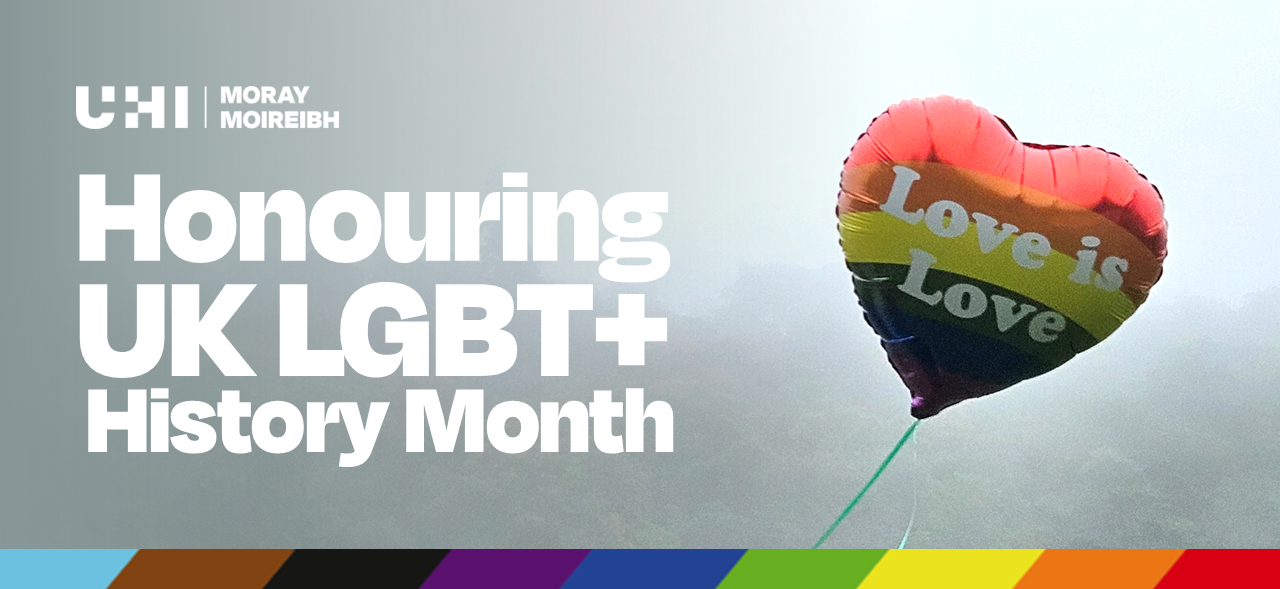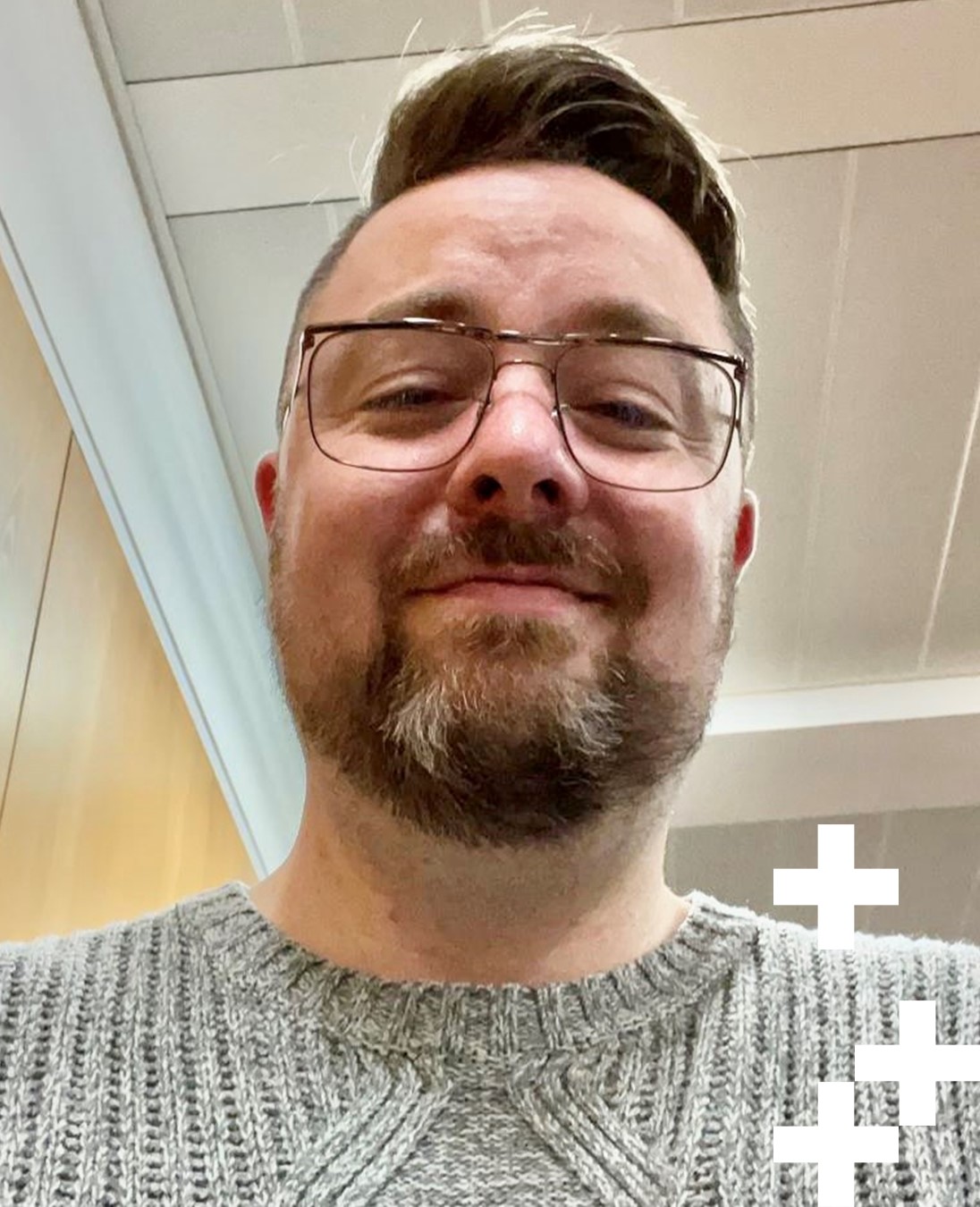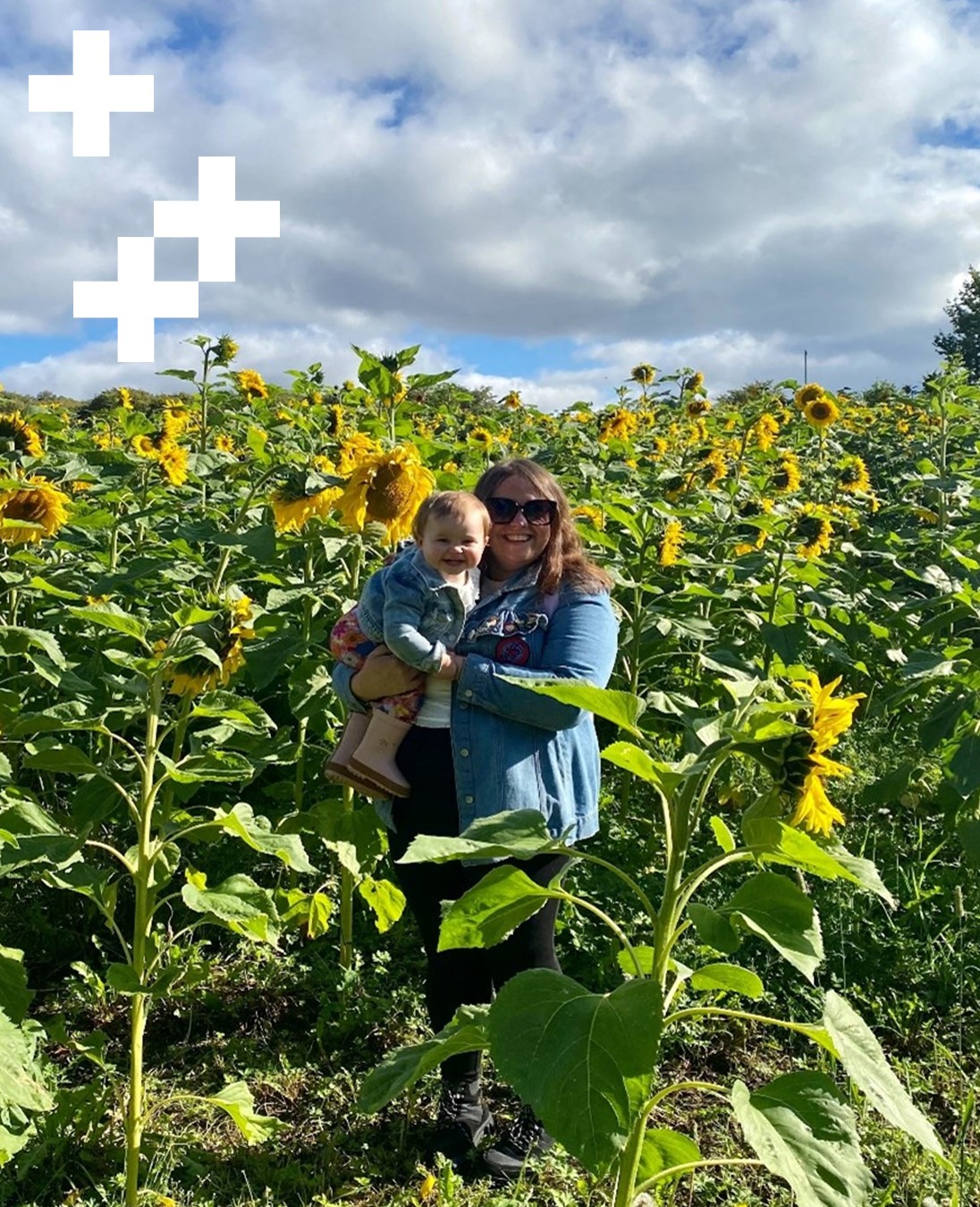Honouring UK LGBT+ History Month
This February marks 20 years of UK LGBT+ History Month, which was first set up to highlight and combat the injustices LGBTQ+ people faced due to Section 2A and 28.
We spoke to some of our staff to look back on the rich history of our LGBTQ+ community, to remember the trailblazers and allies who stood up against inequality, and to continue supporting and advocating for human rights.
“Homosexuality was illegal in Scotland until 1980 – only 45 years ago – but that didn’t magically change people’s views on the LGBTQ+ community, especially when the HIV/AIDS epidemic caused the spread of horrible misinformation. This societal homophobia was only furthered when in 1988 the Scottish Government brought in Section 2A (called Section 28 in England and Wales) that banned schools and local authorities from talking about same-sex relationships. Even when it was eventually abolished in 2000, it stirred up even more homophobia across the country.
Most of the positive change made has only taken place within my lifetime. The first ever Pride Parade in Scotland was only 30 years ago, the same year I was born. Section 2A wasn’t abolished until 2000, as I was entering Primary School. Same-sex marriage wasn’t legal in Scotland until 2014, when I was doing my HNC studies. LGBTQ+ inclusive education wasn’t introduced into school curriculums until 2021, the year I got married.
Despite the fact that all this progress has been made relatively recently, Scotland is recognised today as one of the most progressive countries in the world, which just shows how much more work there is still to be done throughout the rest of the UK and the world. There is still progress to happen here in Scotland too, such as ending conversation practices, improving gender healthcare services, and enhancing equality and wellbeing of LGBTQ+ people.”
– Alanna Magee-Shamaan, Marketing Assistant
“There has been a cultural shift in LGBTQ+ acceptance since I was growing up which is the result of a lot of hard work from a lot of incredible people, from the activists who started the Pride movement in the 1970s, to modern celebrities and sports personalities who present as positive role models for members of the community, young and old.
Amazing projects like It Gets Better empower young LGBTQ+ people and help them recognise their worth and place in society. There are support services available now to help people through their journeys to self-actualisation and support people through the difficult times. Crucially, more and more people find acceptance from their families, friends, and colleagues.
There is still a way to go. There are still people who struggle and/or suffer due to the attitudes and opinions of what I hope is the minority of people, and this is why LGBT+ History Month, Pride, and other initiatives are as important now as they have always been. We must know where we came from to know where we are going.”
– Mike McGlynn, Lecturer in Integrative Healthcare
“I have always been taught from a young age to accept everyone, it doesn’t matter what you look like, what your beliefs are or who you love. My family and friends who are part of the LGBTQ+ community inspire me, I have witnessed the struggles and challenges they have overcome due to their sexuality. Watching them be the best version of themselves makes me proud every day. We all need to work together to make this world a safe and happy place for all.”
– Leigh Miele, Training Co-ordinator (Employability)
We continue to evolve, recognising the importance in fostering an inclusive and safe community on campus. Looking ahead, we remain committed to building an inclusive future where the contributions of LGBTQ+ students, staff and community are recognised and celebrated. Embracing diversity only enriches the educational experience for everyone.
- Find out the ways that we support our LGBTQ+ community >
We are always open to hearing your thoughts on feedback on what we could do better. If you are planning any events, online or in person, for UK LGBT+ History Month please get in touch on marketing.moray@uhi.ac.uk or via our social media with details and we’ll share it on our social media channels.



